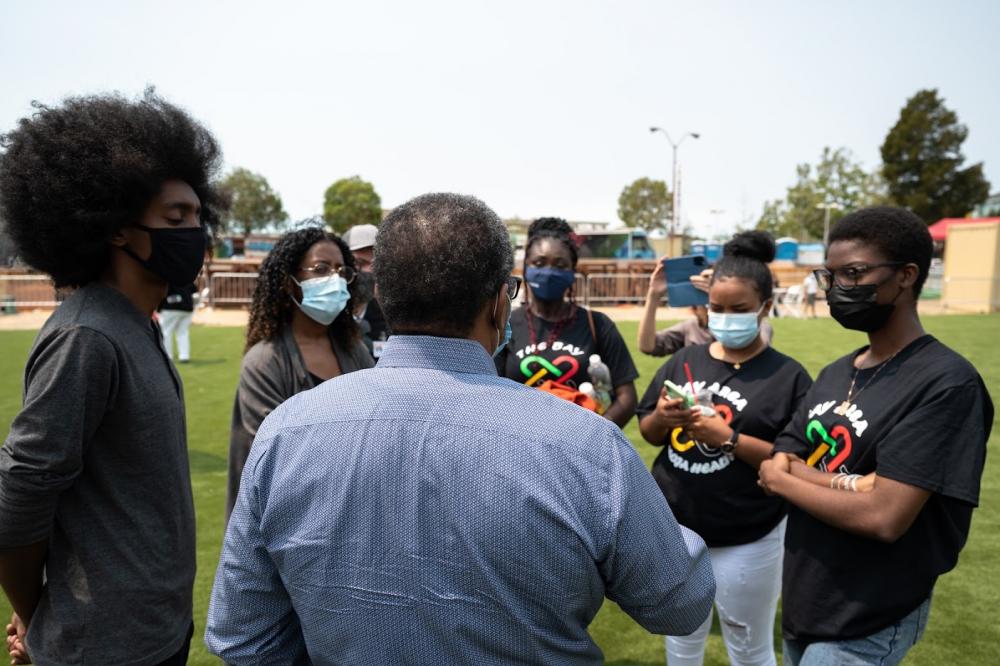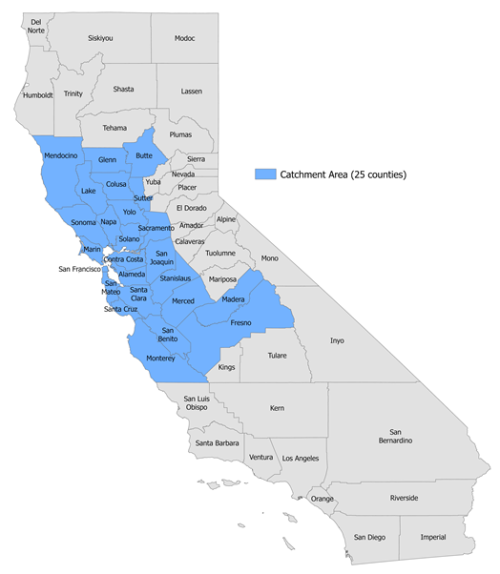Image

What We Do For Our Community
We support year-round non-transactionable community engagement with community stakeholders involved with any HDFCCC research or program and leverage relationships to expand our network.
